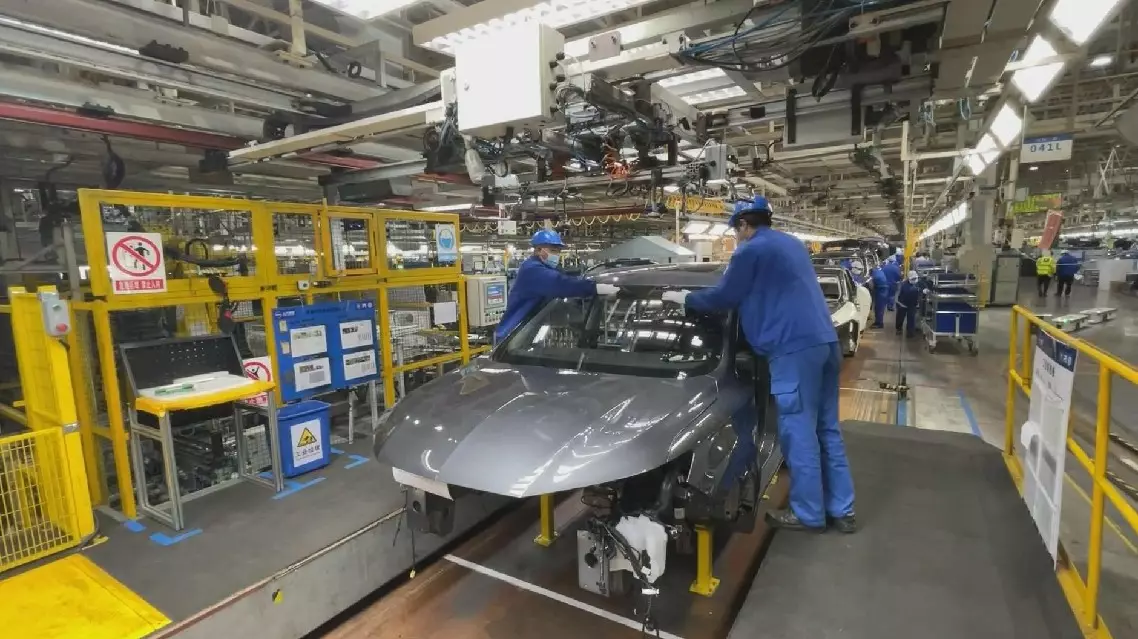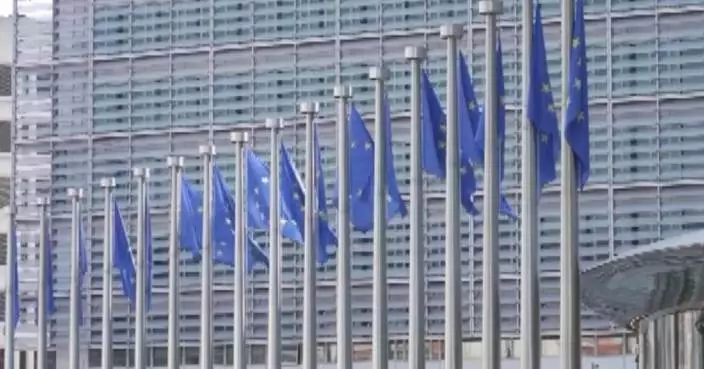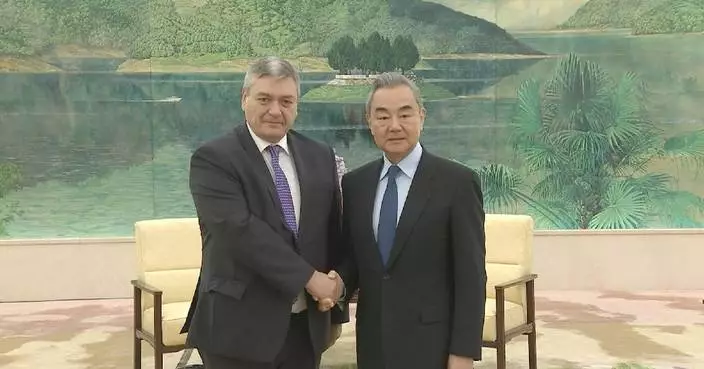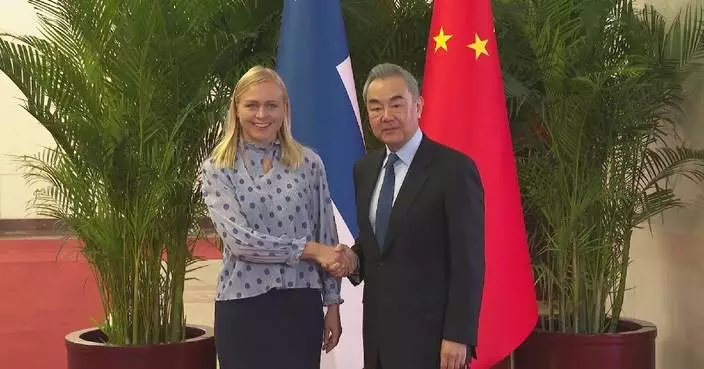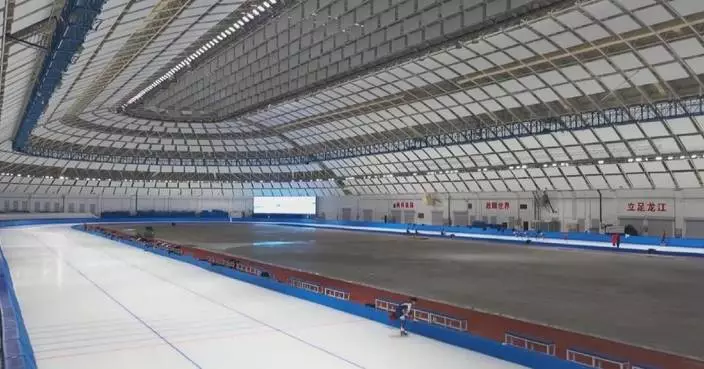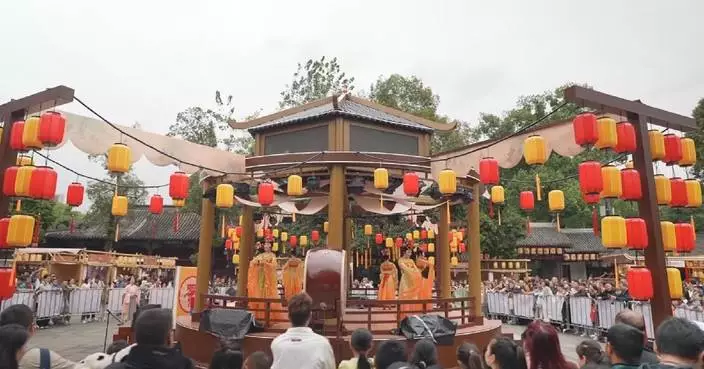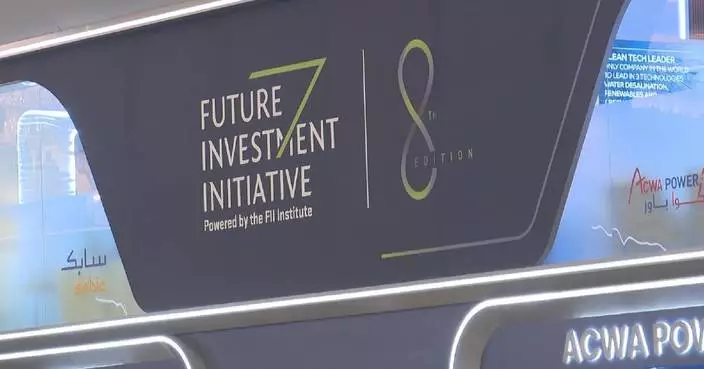Tariffs are not a sound strategy in international trade, and Chinese electric vehicle (EV) manufacturers should adopt longer-term strategies to protect their interests, according to a Chinese expert responding to the European Commission's announcement on Tuesday that it would put anti-subsidy tariffs on Chinese-made electric vehicles (EVs).
Starting from Wednesday, the announcement said, these tariffs will remain in place for five years with varying rates on different manufacturers: 17 percent for BYD, 18.8 percent for Geely, and 35.3 percent for SAIC, all leading Chinese automakers.
Additional firms that cooperated in the investigation will be subject to a 20.7-percent duty, while non-cooperative companies will incur the maximum 35.3-percent rate, according to the commission's statement.
Despite this decision, the European Commission noted that the European Union (EU) and China are still exploring alternative measures within WTO guidelines to address trade concerns.
Hildegard Müller, president of the German Association of the Automotive Industry (VDA), criticized the tariffs as a "step backwards for global free trade," warning of potential job losses, stunted economic growth, and weakened market prosperity.
She further noted that the countervailing tariffs heighten the risk of an extensive trade conflict, emphasizing dialogue as the best path forward.
In an interview with China Global Television Network on Wednesday, Zhou Mi, a senior research fellow with the Chinese Academy of International Trade and Economic Cooperation, warned of the potential risks of the EU's new tariffs, suggesting that Chinese EV manufacturers explore additional markets beyond the EU while pursuing opportunities to rebuild collaboration with their EU counterparts.
Zhou noted that, rather than relying on tariffs to limit Chinese EV companies, the EU should focus on negotiating solutions.
"We know that tariffs will never be a very good plan to stop kind of competition. The tariffs can put a lot of stakeholders in danger. I mean that EU has put a little bit down about the tariffs that are put on Chinese EV makers, but it's still very high. I don't think that even these ideas of anti-dumping or anti-subsidy measurement is a good one because the major economies in the WTO should try to resolve the problems by negotiation and discussion," Zhou said.
He said that Chinese EV makers will take a long-term view, considering all relevant factors while also seeking new markets and partnerships within the EU.
"It's likely that the EV makers will try to think about the situation not for just one year, maybe they have to consider about the longer term. Actually, the EU is a major market for China's EV producers' exports, but still there are so many new markets that need a lot of EVs from China. So I would think that EV makers are trying to combine all the conditions and trying to make a better decision. Maybe they will postpone some of these exports, and also the plans to work with their EU counterparts and try to think about how they can better protect their benefits. And I don't think it's a very wise choice for both sides," he said.
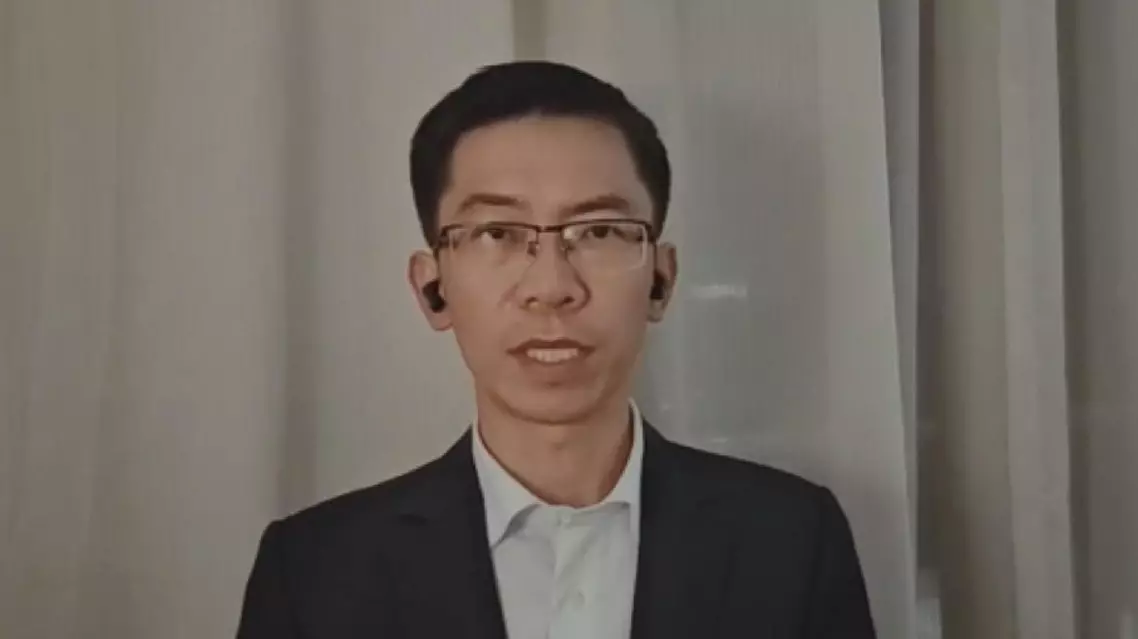
Expert warns against EU tariffs on Chinese EVs, says negotiation better


